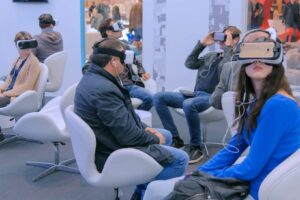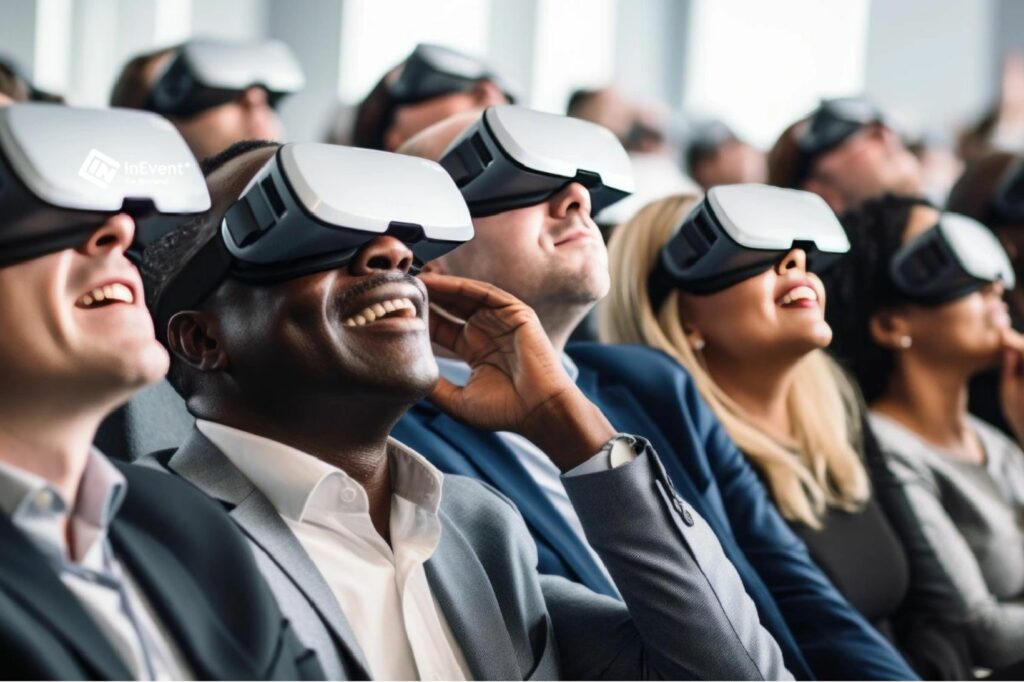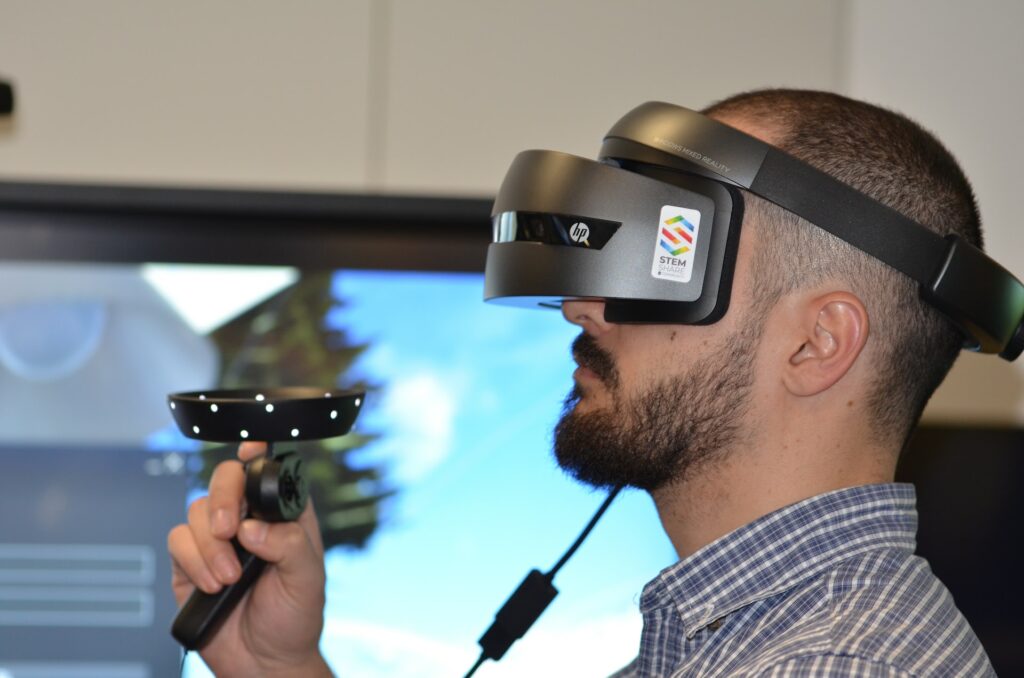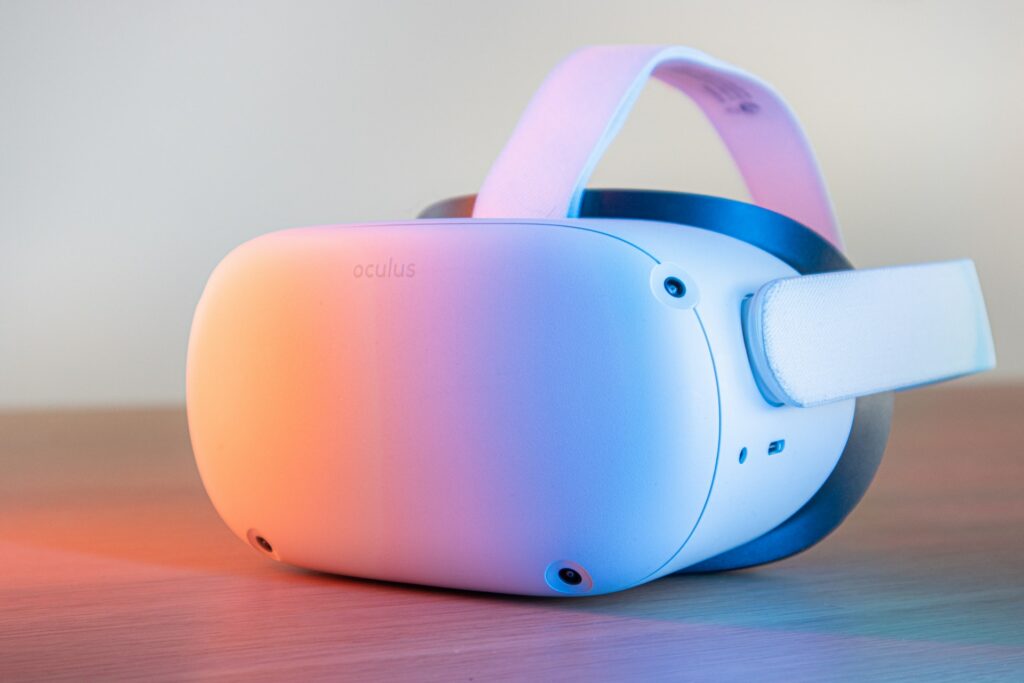Immerse yourself in the world of event management, where the line between reality and the virtual realm is increasingly blurring. With the advent of cutting-edge technologies, virtual reality (VR) is revolutionizing the way events are planned and experienced. This isn’t just about gaming anymore; it’s about creating unforgettable experiences in a controlled environment.
In this digital age, it’s time to rethink traditional event strategies. VR offers a unique, interactive platform that has the potential to transform the event industry. Whether it’s a corporate meeting, a music festival, or a product launch, VR is here to add an extra dimension to our experiences.
Virtual Reality in Event Management
As the digital age reshapes traditional event strategies, Virtual Reality (VR) has dominated the event management scene. This section deliberates on the types of events that leverage VR and the benefits it offers.
Types of Events That Can Use Virtual Reality
A myriad of events harnesses VR to stimulate user engagement and deliver immersive experiences. Examples include:

- Trade Shows: Expositions often use VR to display products in a realistic, three-dimensional manner, enhancing booth attraction.
- Music Concerts: Artists exploit this technology to transport their audiences to virtual concert arenas and render an inclusive live performance feel.
- Sporting Events: VR plays a significant role in sporting events by allowing fans to experience games from player perspectives, ensuring closer participation.
- Product Launches: Enterprises integrate VR into their launch events to provide customers with in-depth virtual product tours.
- Training Sessions: Corporations deploy VR in training programs to simulate real-world scenarios, fostering higher learning efficiency.
- Increased Engagement: By presenting a realistic and immersive environment, VR significantly amplifies attendee interest.
- Convenience: VR eliminates geographical barriers, enabling attendees to participate in events effortlessly from the comfort of their homes.
- Interactive Communication: Virtual events foster real-time interaction, enhancing attendee-to-attendee or attendee-to-organizer communication.
- Brand Presence Enhancement: With its immersive capabilities, VR captures audience attention brighter than traditional mediums and strengthens brand distinctiveness.
- Greater ROI: As VR reduces event organizing costs while amplifying reach and engagement, it often results in higher returns on investment.
How to Integrate Virtual Reality into Event Management
Incorporating virtual reality into event planning starts with the selection of appropriate VR technology and involves its implementation effectively during event management. These two components form the groundwork in the journey of integrating VR into events.
Choosing the Right Virtual Reality Technology

Selecting the proper VR technology involves assessing the needs, types, and scale of the event. Portable systems, such as smartphones with VR capabilities and standalone headsets like Oculus Quest, cater to the requirements of small-scale events, offering mobility and ease-of-use. For larger, more interactive events, tethered systems providing advanced features, such as HTC Vive and Oculus Rift, serve the purpose. These systems, due to their capacity for high-quality simulation, engage audiences efficiently in large-scale virtual arena. The technology selected brings with it advantages of its own and sets the tone for the level of immersive experience the event provides.
Implementing Virtual Reality in Event Planning
VR becomes a part of the event planning process next. Involving VR in the design phase itself makes the event transition smoother, integrating it seamlessly into the physical event layout. For instance, in a product launch, VR can be used to offer virtual tours of the product or service, immersing visitors in the experience. Similarly, for training sessions, VR can be instrumental in providing real-time, interactive training modules. By carefully implementing VR in the planning stages, one not only assures a broader inclusion of VR in the event but also maximizes the advantage VR provides in enhancing immersion and engagement.
Making Interactions Richer

Embracing VR in event management isn’t just a trend; it’s a game-changer. It’s reshaping how we plan, execute, and experience events. From music festivals to corporate gatherings, VR’s immersive qualities are enhancing interactions and making events globally accessible. Forward-thinking event planners are harnessing the power of VR, creating unforgettable experiences that transcend physical boundaries. With advancements like Haptic Feedback systems, Mixed Reality technology, and Wireless VR, the future holds even more potential. Hybrid events are on the rise, and VR’s use in training scenarios is gaining traction.



